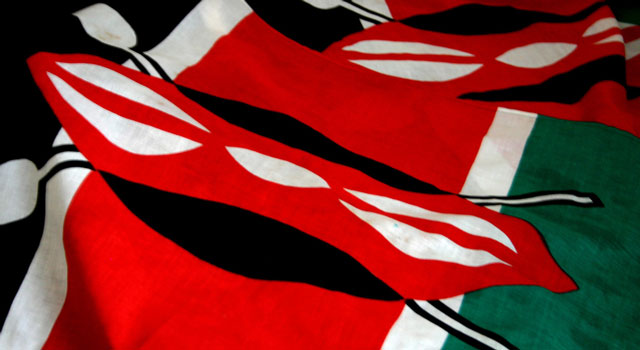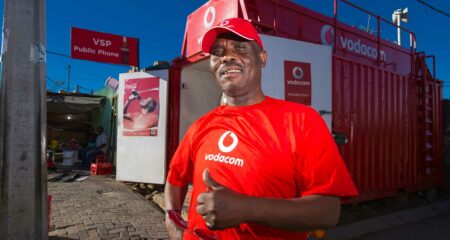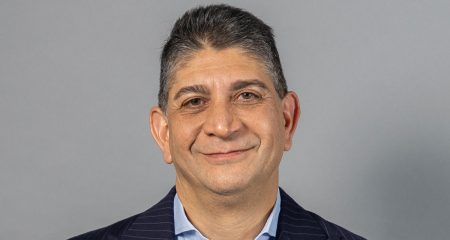
Social media and the Internet played a key role in Kenya’s largely peaceful elections this month by affording Kenyans the chance to quiz candidates and allowing them to share messages of peace and tolerance with one another.
Technology was also employed to help Kenyans find their nearest polling station.
Systems have also been used to monitor the electoral process, educate voters and report results online.
Kenya’s online population has grown from fewer than 3m in 2007 to more than 14m by the end of last year.
Platforms like “Got to vote”, developed by a team called Code4Kenya, have provided information for voters and served as an alternative information source to often cumbersome and difficult-to-navigate government websites.
Another, called Ushahidi – which means “testimony” in Swahili – gathered tweets from voters to address all manner of issues, from lengthy queues and technical problems at polling stations, to instances of women attempting to jump queues by borrowing other voters’ babies.
Ushahidi may also have a role to play once the election results are released, as it was only after the results emerged in 2007 that the unrest that caused over a thousand deaths began. Source: Wall Street Journal
Zimbabwe to get converged licences
Zimbabwe’s government is working on legislation that will allow the country’s regulator to issue converged licences to Zimbabwean telecommunications operators. The licences allow them to offer a wider array of services than those allowed under the current regulatory regime.
At the same time, the Postal and Telecommunications Act is being reworked in a process that the regulator expects to completed by June. The amended act is expected to make infrastructure sharing compulsory in order to reduce operators’ expenses, reduce fees for consumers and make regulation simpler. Source: The Herald
Vodacom Tanzania’s M-Pesa challenge
Vodacom, the largest mobile operator in Tanzania, wants to provide international money transfers using the popular M-Pesa money transfer service but it faces a number of challenges, including a lack of the necessary infrastructure from foreign banks and mobile operators.
The operator is talking to the Bank of Tanzania and regulators about ways to overcome the challenges. The company wants to establish transfers to neighbouring countries as a precursor to markets further afield. Mobile payment services are considered crucial for the country’s economic growth and development. Source: Daily News
Mauritius telecasts surgery
The island nation has successfully conducted surgery at the Sir Seewoosagur Ramgoolam National Hospital with a team of local orthopaedic surgeons interacting with a consultant paediatric orthopaedic surgeon from India. The initiative, part of the Pan-African e-Network Project that seeks to connect all 53 countries in the African Union by satellite and fibre-optic networks, hopes to provide educational and medical services using the network. Some of the countries that watched the live telecast include Benin, Burkina Faso, Gabon, Gambia, Ghana and Ethiopia. Source: The Independent
- Image: Kevinzim/Flickr




